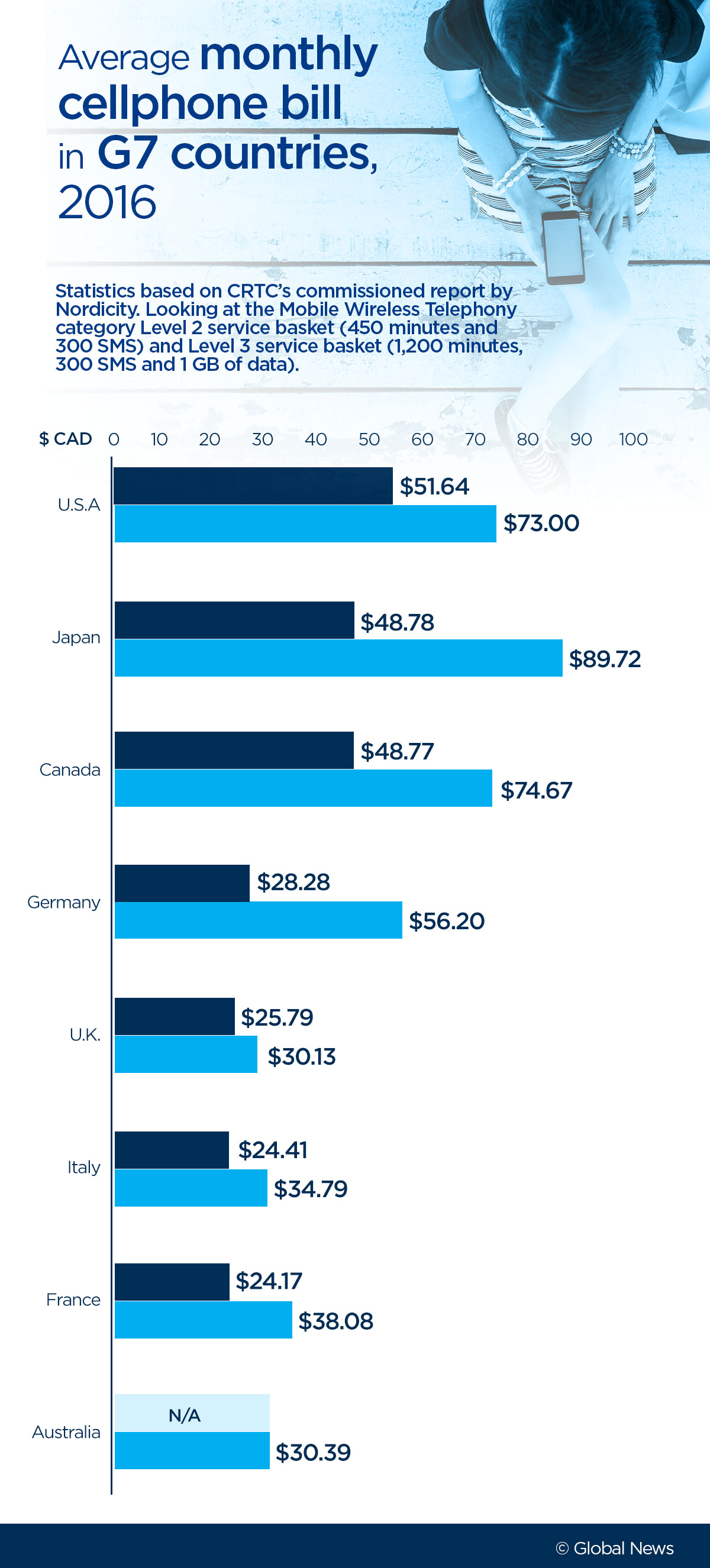For years, police-reported hate crimes in Canada were inching up slowly.

They went up by three per cent in 2016 and by five per cent the year before. They even fell in 2013, dropping by 17 per cent from the year before.
That all changed last year — police-reported hate crime rose by nearly 50 per cent, much of it driven by incidents that targeted Canada’s Jewish, Muslim and black populations, according to Statistics Canada data released on Thursday.
And the differences are even more stark when you split the incidents between violent and non-violent crime.
Coverage of hate crimes on Globalnews.ca:
Among religious groups, Jews were the biggest targets for hate crimes — they were victims in 360 incidents last year.
Muslims came a close second, with 349 incidents.
READ MORE: Hate crimes against Muslims in Canada increase 253% over four years
Hate crimes grew for both populations.
Jews were targeted in 139 more incidents last year than in 2016, for an increase of 63 per cent.
Muslims, meanwhile, were targeted in an additional 210 incidents, for an increase of 151 per cent.
There had been considerably more incidents targeting Jews than Muslims in previous years. That gap narrowed dramatically in this year’s data.
Most of these incidents involved non-violent offences. But Muslims were a more prominent target when it came to violent hate crime.
“Uttering threats” was the most prominent violent offence that Muslims faced last year, with 61 incidents, while Jews faced 22.

Get daily National news
They were also more prominent targets for assault (30 incidents versus 13), including both common assault (20 incidents versus nine) and assault with a weapon, assault causing bodily harm or aggravated assault (10 versus four).
READ MORE: Hate crime reports in the U.S. spiked 17% last year — FBI
Many hate crimes happened in Quebec, where they tripled from 41 in 2016 to 117 in 2017.
Hate crime reports for incidents involving Muslims jumped there in February 2017, the month after six people were killed at the Islamic Cultural Centre of Quebec.
Incidents reported in that month accounted for over a quarter of all incidents targeting Muslims in the province last year.
There were 184 reported hate crimes targeting Muslims in Ontario — but there were more incidents targeting Jews in that province (209).
All of this happened as hate crimes targeting religion grew by 83 per cent.
Such incidents accounted for 41 per cent of all hate crimes in 2017, up from 33 per cent the previous year.
Hate crimes targeting Catholics also went up, from 27 incidents in 2016 to 39 incidents in 2017.
In a statement, the National Council of Canadian Muslims (NCCM) said it was “deeply concerned” by the statistics.
“The data, while very unsettling for our communities, unfortunately does not surprise us,” NCCM executive member Ihsaan Gardee said in the statement.
“2017 was an immensely difficult year for the Canadian Muslim community, beginning on Jan. 29 with the single largest Islamophobic attack in Canada’s history, in which six men were brutally murdered and many others injured while worshipping in their Quebec City mosque.
“This new data reveals anti-Muslim hate crimes peaked in February 2017, signalling that the shooting very much set the tone for the increase in hate crimes against Muslims for the remainder of the year.”
In a separate release, the Urban Alliance on Race Relations (UARR) noted that, in the wake of the Quebec City shooting, there were a series of anti-Muslim rallies that gathered in response to a federal motion known as M-103, which called on federal politicians to condemn Islamophobia.
“Sadly, it is no surprise that hate crimes against Muslims rose so dramatically last year,” Mohammed Hashim, board member with the UARR, said in a statement.
The Centre for Israel and Jewish Affairs noted the increase in hate crimes targeting Jewish people, but also against black, Arab or West Asian and LGBTQ+ populations.
CEO Shimon Koffler Fogel called on the federal government to undertake three steps: to expand the Security Infrastructure Program, to come up with a national strategy to fight hate on the internet and to “strengthen the capacity of law enforcement to combat hate crime.”
“This should include enhancing legal tools to deal with hate speech and supporting the creation of local hate crime units where they are lacking,” Fogel said in a statement.
Religion wasn’t the only ground upon which people were targeted for hate crimes.
Incidents targeting black people went up 50 per cent to 321, while incidents targeting Arab or West Asian people jumped by 27 per cent, to hit 142.
Hate crime incidents targeting people for their sexual orientation also increased by 16 per cent in 2017, hitting 204.
Police stations provide crime data to Statistics Canada, which helps them generate reports like this one.
- With files from The Canadian Press


_848x480_1368705603950.jpg?w=1200&quality=70&strip=all)













Comments